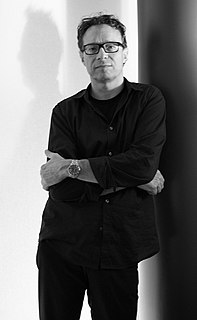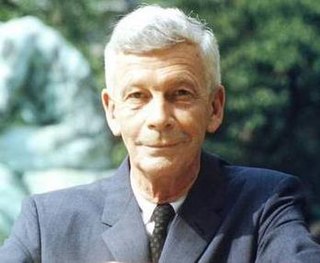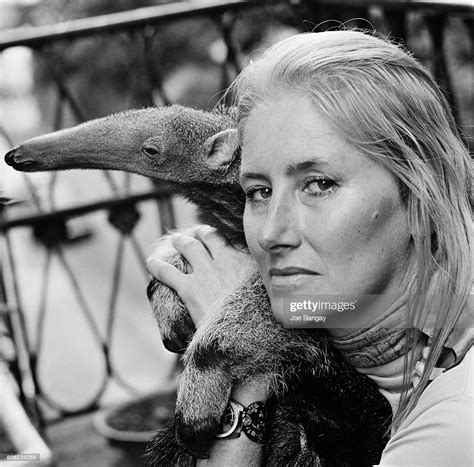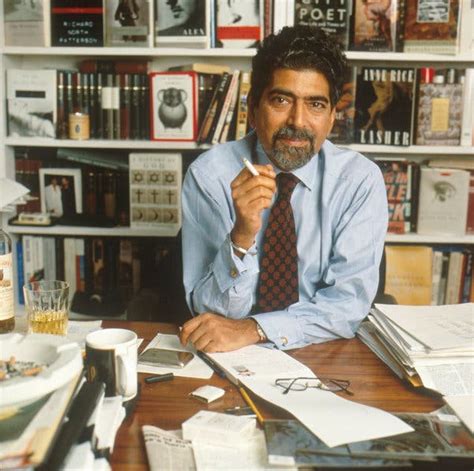A Quote by C. S. Lewis
These, then, are the two points I wanted to make. First, that human beings, all over the earth, have this curious idea that they ought to behave in a certain way, and cannot really get rid of it. Secondly, that they do not in fact behave in that way. They know the Law of Nature; they break it. These two facts are the foundation of all clear thinking about ourselves and the universe we live in.
Related Quotes
I've had only one idea in my life - a true idee fixe. To put it as bluntly as possible - the idea of having my own way. 'Control!' expresses it. The control of human behavior. In my early experimental days it was a frenzied, selfish desire to dominate. I remember the rage I used to feel when a prediction went awry. I could have shouted at the subjects of my experiments, 'Behave, damn you! Behave as you ought!
Yes. The way people behave, the paradoxes, the contradictions. All these things we have to live with and still pretend that everything is only black or white. That, I think, is the most interesting thing in human nature. The fact that we have to do one thing and pretend something else. That’s when it becomes very interesting. If you can literally speak the way you feel, then it’s not interesting anymore. It’s when you have to lie that it becomes interesting.
The two words that I've arrived at to describe what we all need to feel about ourselves, children and adults, in order to perceive ourselves accurately, are worthy and welcome. If you don't feel worthy and welcome, you really won't know what to do with yourself. You won't know how to behave in a world of other people. You won't think you deserve to get what you need.
In a Society in which there is no law, and in theory no compulsion, the only arbiter of behaviour is public opinion. But public opinion, because of the tremendous urge to conformity in gregarious animals, is less tolerant than any system of law. When human beings are governed by "thou shalt not", the individual can practise a certain amount of eccentricity: when they are supposedly governed by "love" or "reason", he is under continuous pressure to make him behave and think in exactly the same way as everyone else.
I do not invent characters. There they are. That's who they are. That's their nature. They talk and they behave the way they want to behave. I don't have a character behaving one way, then a point comes in the play where the person has to either stay or leave. If I had it plotted that the person leaves, then the person leaves. If that's what the person wants to do. I let the person do what the person wants or has to do at the time of the event.




































